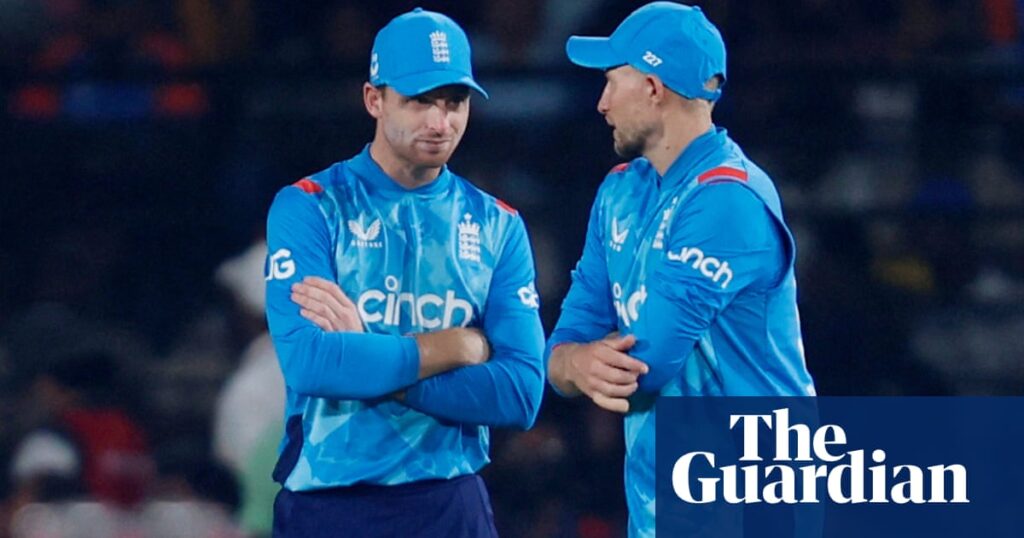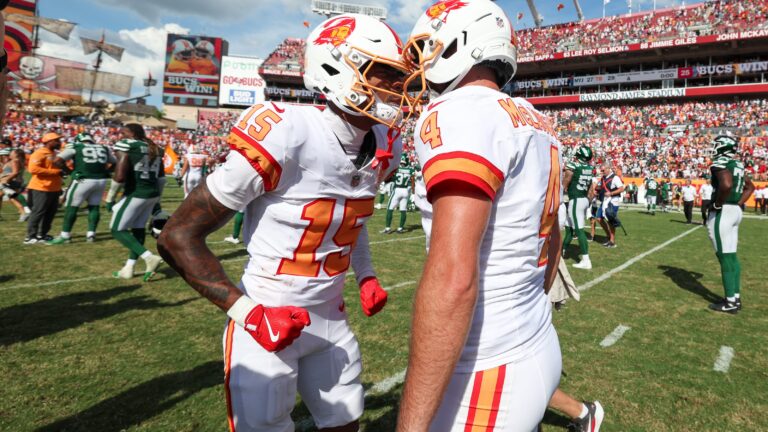
On Sunday morning more than 100 players gathered in north London to compete in an inclusive women’s football tournament to protest against the ban on transgender women in women’s football on the day it came into effect.
Last month the Football Association announced that trans women would no longer be able to compete in women’s football as result of the supreme court’s ruling on 16 April that the terms “women” and “sex” in the Equality Act 2010 refer only to biological women and biological sex. This is believed to affect 28 FA-registered trans women.

“I’m aware that there are people in the FA that don’t agree with the decision,” said Billie Sky, a trans player for Goal Diggers and London Galaxy. “The FA reviewed its guidance [as late as] 11 April and they decided to keep trans women in. So anyone who’s arguing that this is to protect women’s safety in sport is misguided; they’ve done this because they have to politically. That guidance [for the decision on 11 April] was based on research from World Athletics and the IOC [International Olympic Committee] which showed that trans women’s muscle mass reduces, among many other physiological factors.
“It would be nice to see the FA say something more substantial and support the people who have been a part of their organisation for a long time. A lot of trans women have stuck by the FA through not always the easiest times, there have been a lot of difficult cases with trans women and cis women being questioned over their gender identity.”

Tackling the argument that there are safety concerns over trans women competing in women’s football, Griffin said: “Football by its very nature is a contact sport. I’ve had some of my worst injuries, only a couple, against women. Everyone’s conscious of injuries. Injuries will happen, and they’re not going to stop happening because we banned 28 women from playing. Nothing is going to change on that front.”
There are some, however, who have welcomed the ban. Jane Sullivan, from the Women’s Rights Network, said: “We welcome the FA’s move to protect women’s football, making it safe and fair for females. Women have suffered season-ending injuries, been disciplined for questioning the presence of males on the pitch, seen their places on teams taken by males and suffered horrendous levels of abuse for demanding female-only football. Males playing in women’s teams also have access to female changing rooms and toilets, which is unlawful and a safeguarding risk for women and girls.”
Fiona McAnena, the director of campaigns at the human rights charity Sex Matters, said: “For every trans-identifying male player who dislikes this policy, there are dozens of female players who are relieved that they won’t have to face them on the pitch any more.”




